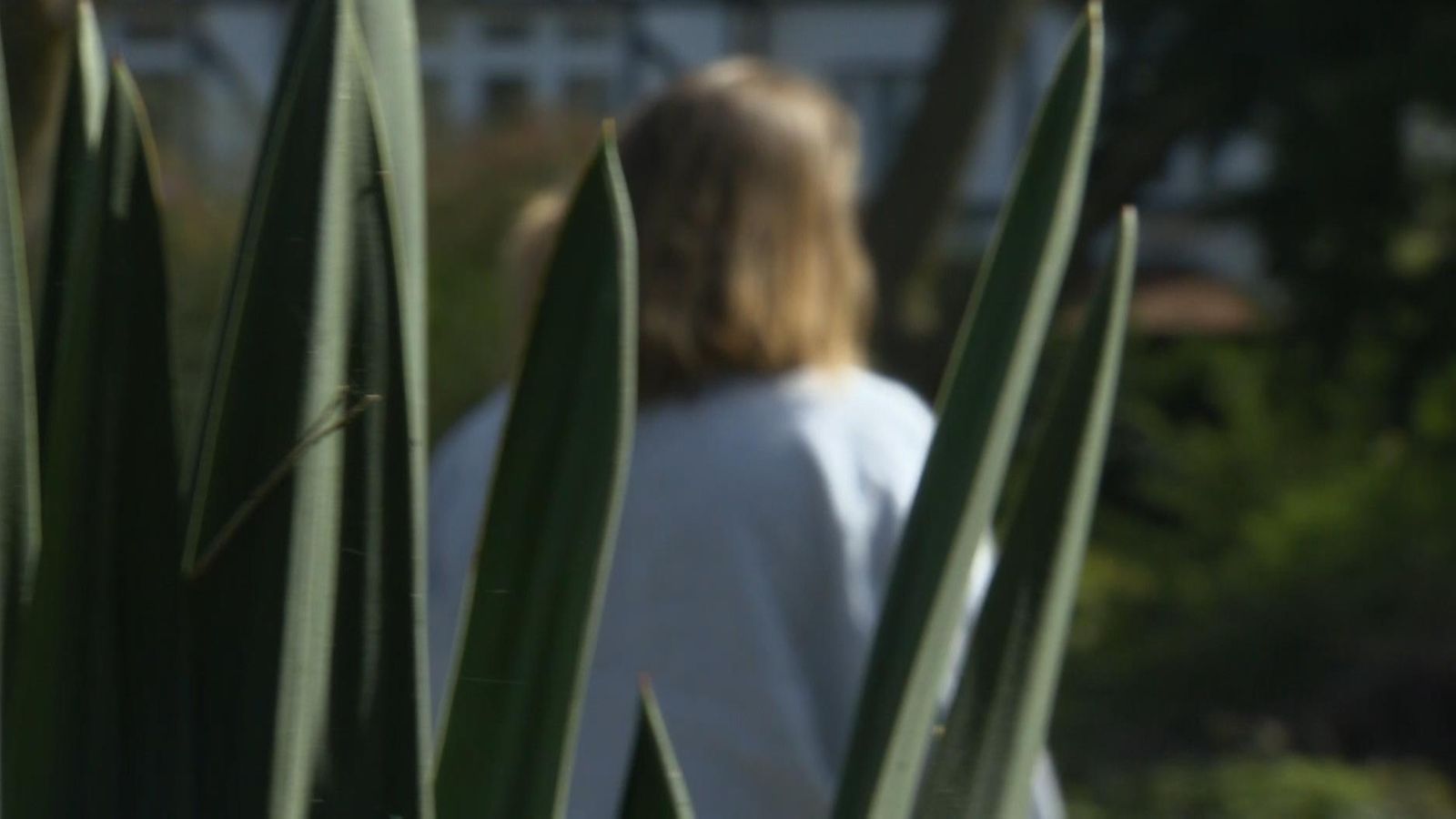Stalkers have become increasingly obsessive during lockdown and have targeted victims with more intensity and frequency, a new study suggests.
Some perpetrators have used their daily exercise to watch their victims and half of the individuals questioned said they had faced increased stalking online, according to the report by the Suzy Lamplugh Trust.
The trust’s chief executive, Suky Bhaker, described the impact on victims as “absolutely devastating”.
She said: “They’ve felt trapped in their homes without the normal avenues of support and secondly we know their access to other support from statutory services such as the police has been quite unsatisfactory.”
According to the Unmasking Stalking report, some victims believed the monotony of lockdown had led their stalkers to become more obsessed while being able to hide their identity behind a mask.
And half of those questioned said the impact of the stalking on their mental health had grown worse because of the pandemic.
For “Wendy”, who wants to protect her identity, lockdown meant her stalker was around more than ever.
Three years ago, she sacked him as the odd job man at her restaurant due to his erratic behaviour.
It was then the trouble began – first with smashed windows, dog mess dumped on her car and libellous posters put up on walls. Then came the threats.
She said: “I got three messages saying we know where you live and we’re going to kill you and your daughter and that was absolutely terrifying. That was when I realised this wasn’t harassment it was stalking.
“This was somebody who was so obsessed with me that they didn’t care what lengths they went to and it wasn’t only to hurt me, it was to get my attention.”
Wendy managed to get a Stalking Protection Order in place to keep him away after they were brought in at the start of last year.
But he has breached it time and again, and he’s due to stand trial in the autumn.
She said: “There’s not been a single day during lockdown where he has actually stayed at home.
“He has been out every single day patrolling where I live getting as close to me as he possibly can.”
For 60% of victims who reported stalking, there is no legal protection at all.
And the Suzy Lamplugh Trust, which released the report to coincide with National Stalking Awareness Week, says “where the orders are being breached they are not being properly prosecuted”.
Ms Bhaker added: “We are calling for a national strategy to implement robust training for police officers and other criminal justice officials so they can better understand what stalking means.”
In London alone, the Metropolitan Police has seen an increase of more than 300% in stalking reports during the pandemic, although a change in the way such crimes are recorded is part of the reason.
Detective Inspector Lee Barnard, who leads the Stalking Threat Assessment Centre for the Met, agrees that training for officers is crucial.
“We need to improve our response to understand what stalking is because the last thing I would want to do is encourage victims to come forward and then they receive a poor response because we don’t understand what stalking is,” he said.
“If you are getting a sixth sense feeling, a gut feeling, that this behaviour I’m experiencing could be stalking you really need to call that out and we need to encourage people to as well.”






















